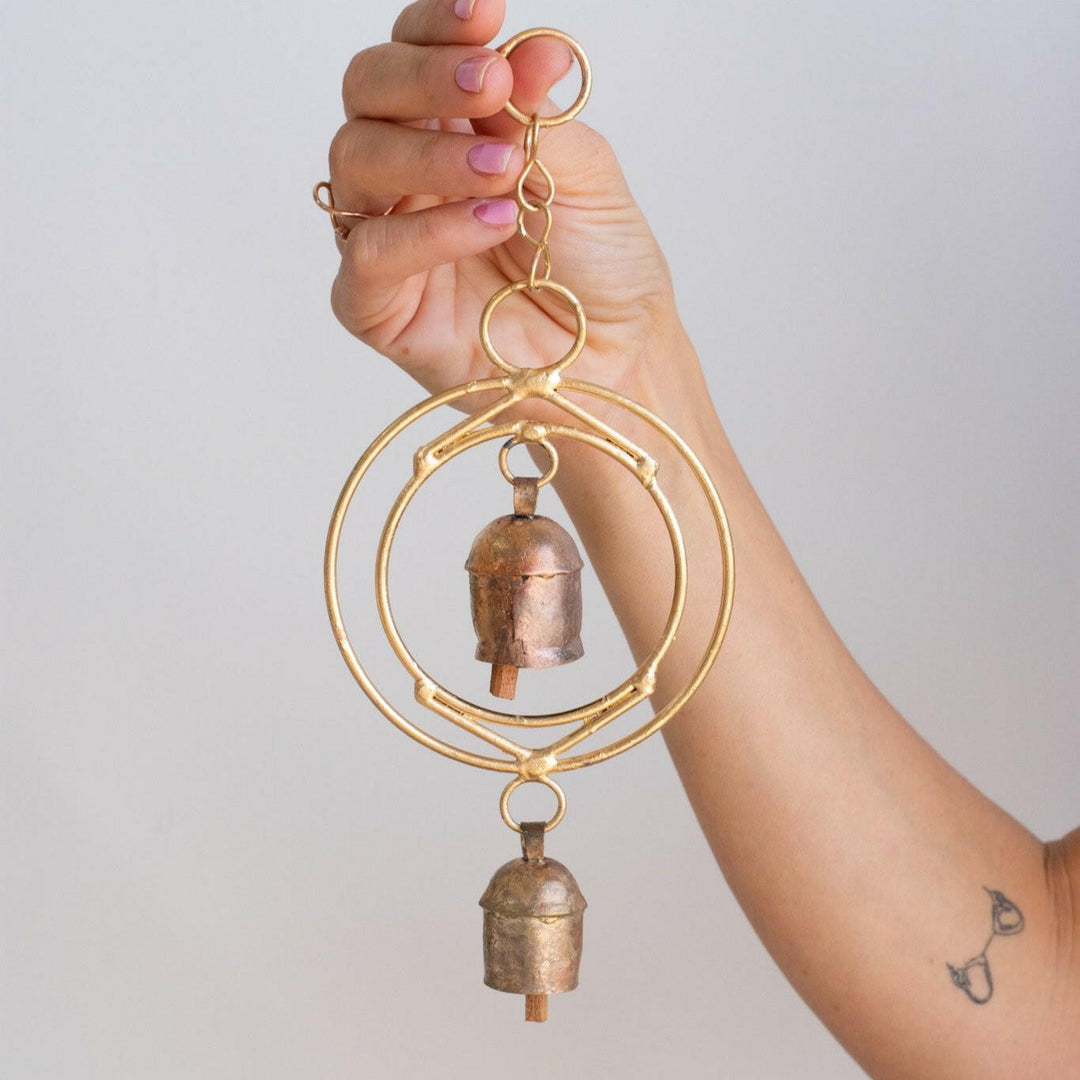Chances are if you are reading this, you are a decent human being. You very well might have a friend who recently lost a spouse, a child, or a parent and you want to be there for them. Well done, you! But if you haven’t walked through a similar loss yourself, it can be hard to know what to do and what to say to someone who lost a loved one. So often, people don’t say anything not because they don’t care, but because they don’t know how to care for that friend. Here are some helpful tips for how to support someone who is grieving in the weeks and months after a loss.
Keep the Two to Four Week Mark in Mind
Immediately following a death, the condolences, meals and texts pour in. Cards fill up the mailbox and the fridge is packed with meals from kind neighbors and coworkers. But about two to four weeks after the funeral, the texts don’t come as often and the fridge leftovers have already been tossed. Many people will stop reaching out to the person who is mourning, not because they don’t care but because they have moved on. But the person grieving most certainly has not and could use your continued love and support. If you don’t see the friend frequently, it can be helpful to set a weekly reminder on your phone to touch base. You’d be surprised how a simple text saying “Hey, I was thinking about you today. Know you are loved and I’m here for you!” can lift someone’s spirits.
Think Through their Grieving Process
How does your friend grieve? Depending on your level of friendship, you may not automatically know but thinking about their personality might help shed some light. Are they a “talker?” If they are, they might appreciate a long phone conversation letting them verbally process their emotions and vent over any challenges. If they tend to be quiet and reserved, offering to go for a walk or take them to a yoga class or a movie means they might not feel pressured to talk and can just spend time with someone. Even asking “I want to be there for you. How can I best support you?” allows them the opportunity to speak into how you care for them.
Offer Service to the Grieving Friend
Most likely your friend won’t directly ask for help. A good way to push them to accept support, is to say something like “I’m going to come over tomorrow afternoon for an hour. Put me to work. Laundry? Dishes? Playing with your kids? I’ll do anything I see that needs attention. You take a shower or a nap - we don’t have to even talk.” Usually after a loss, the person has had to make a ton of stressful decisions. From end-of-life options to burial plots, the list is long and sad. Even minor decisions can send them spiraling. Take out the uncertainty and just let them know you are coming and will be helpful. Also consider what the deceased person did in the family. Was it the spouse who always did the yard work? Offer to bring a friend and mow the yard or blow leaves. We recently had a friend from church lose her husband. My husband and his dad showed up to blow her leaves and she was beyond grateful. “God is so good to put people in my life to ease the pain of grief!” she posted on Facebook along with pics. It didn’t cost anything but time and it meant the world to her.

Send a Gift to Cheer them Up
We lost our second son Cooper at 36 weeks in the delivery room in March of 2016. It was early spring in Richmond, VA and the blossoms were starting to bud. My mom and sister purchased two weeping cherry trees for our backyard in Cooper’s memory. Each year, around the time of his passing, they bloom beautifully and honor his short life in such a special way. Consider sending a similar plant or tree from your local nursery.

A curated Laurelbox is a great way to let your friend know you care and love them. I was touched each and every time I received a box in honor of Cooper. Some of my favorite items include the personalized birthday candle, the gold feather ornament and a cozy forget me not mug. After my stepdad passed away from cancer in early 2017, a relative sent us personalized wind chimes. They hang on our back deck and every time I hear them, I think of him. Etsy has a variety of options.
Keep in Mind that Grieving is a Process
Be sensitive to your friend. Don’t expect them to “get over it” in a certain amount of time. You never “get over” losing a loved one. You just adjust to life without them. Give your friend the time and space to process their grief on their timeline - not yours. But if you are close, don’t be afraid to nudge them if you notice them isolating themselves or see signs of depression. Encourage them to join a grief support group or find a counselor who could help them process emotions. Make sure they know they aren’t alone and that you’ll be there for them. One important thing I will say - don’t wait until tragedy strikes to find community. We had moved to a new city and didn’t know a single person the month before we unexpectedly lost Cooper. By the grace of God, we tried a new church on that Sunday and exchanged numbers with some people. Four days later we were bereft in an all-too-quiet delivery room. We called those people we had just met and they wrapped us up in love and community in truly a miraculous way. I can’t imagine how lonely we would have felt if we hadn’t connected with people before we walked through that loss. If you take away anything from this article, don’t put off community - you never know when you’ll be the person needing the love and support of a friend!















